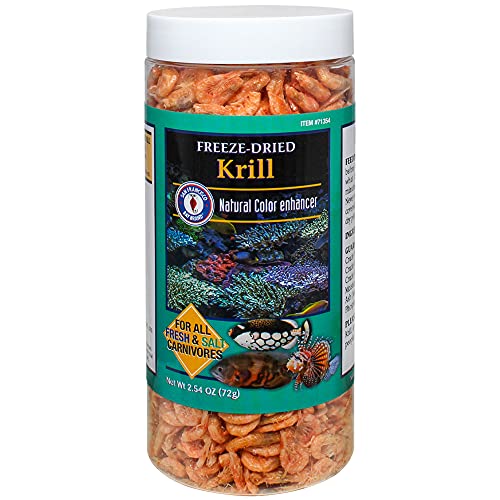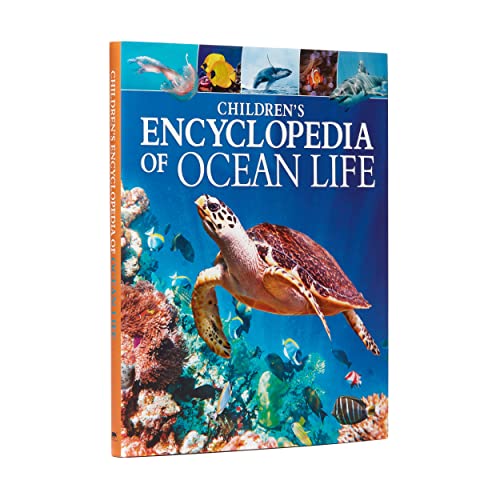Here are some interesting technical points taken out of the current issues of Advanced Aquarist:
http://www.advancedaquarist.com/2008/8/aafeature3
http://www.advancedaquarist.com/2008/9/aafeature2
"Greater than 97% of the organic matter in the oceans is in the form of DOC"
"The majority of the DOC in the oceans is consumed over a time span on the order of hours-to-weeks."
"The generally accepted value of deep ocean TOC (DOC in this instance) ranges from 0.45 - 0.60 ppm, a number that appears to be insensitive to collection location. On reefs, however, the DOC (and TOC) value is considerably higher. Even with this point noted, the values of DOC on reefs from the South Pacific to Japan to the Caribbean to the Red Sea are remarkably consistent in their range: 0.7 - 1.6 ppm"
"Bacteria are a critical component in the food web of the reef, as they occupy the role of 'middle man' in the transfer of energy from the source (sunlight) to the consumers on the reef"
"sponges are some of the most prolific repositories of marine bacteria. In fact, some sponges have been studied as effective bioremediation agents in marine aquaculture as a consequence of their exceptional ability to absorb TOC"
"Where does the DOC go ... studies suggest that it is rapidly consumed by bacteria that live in and on the coral itself and not by bacteria present in the water column. Shutting down these endogenous bacteria by antibiotic treatment abolished DOC uptake."
"In total, these data unequivocally demonstrate that the [skimmer] is not required to deplete the aquarium water of TOC. Apparently, naturally biological processes are sufficient in and of themselves to return the post-feeding TOC levels to their pre-feeding values after about 4 hrs or so ... Clearly the skimmer is doing something, given the copious residue accumulated in the collection cup at the end of the week. Perhaps, however, the residue removed by the skimmer is only a rather small, even inconsequential, portion of the entire TOC load that develops in the aquarium water over the course of a week."






























































